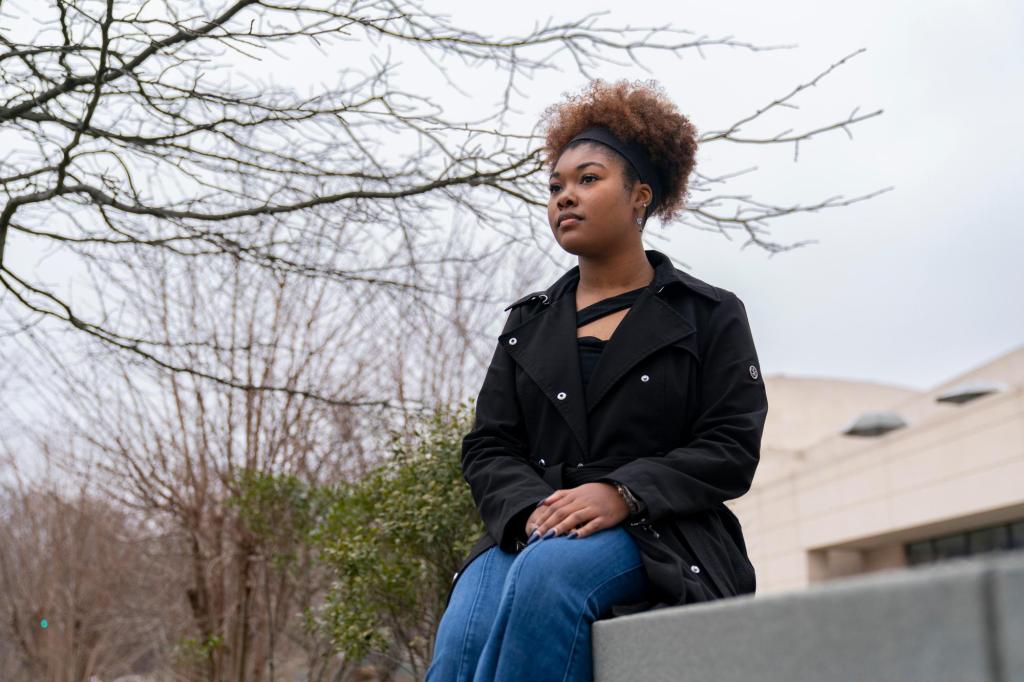By CHRISTINE FERNANDO (Associated Press)
CHICAGO (AP) — The weeks after Kaniya Harris found out she was pregnant were among the hardest in her life.
Final exams were fast approaching for the college junior. Her doctors told her she had an ovarian cyst, and the risk of ectopic pregnancy was high. The wait times for abortion clinics near her city of Bethesda, Maryland, seemed impossibly long. And she couldn’t visit her family in Kentucky because of the state’s abortion ban.
Harris was having regular panic attacks. It all felt like too much, she said.
“My mental health was at the lowest point it’s ever been in my life,” said Harris, who had an abortion last May.
As advocates push this year for ballot measure initiatives aiming to protect abortion rights, key differences have emerged in the language of proposed measures. Among them is the inclusion of mental health exceptions.
A Missouri proposal would allow lawmakers to restrict abortions after a fetus is considered viable, except if an abortion “is needed to protect the life or physical or mental health of the pregnant person.” A similar measure has been proposed in Arizona. In 2022, Michigan voters passed an abortion rights amendment with a mental health exception for viability limits.
Meanwhile, proposed ballot measure language in Arkansas only says “physical health,” excluding a mental health exception. Proposed abortion rights initiatives in other states, including Florida, Montana and Nebraska, don’t explicitly mention mental health.
“It’s heartbreaking to hear about these policies ignoring mental health,” said Harris, now 21. “An abortion can save someone’s life, including when they’re in a mental health emergency.”
Most states with abortion bans include exemptions for life-threatening emergencies, but only Alabama’s includes an exception for “serious mental illness” that could result in the death of the mother or fetus. Lawmakers added the…
Read the full article here







